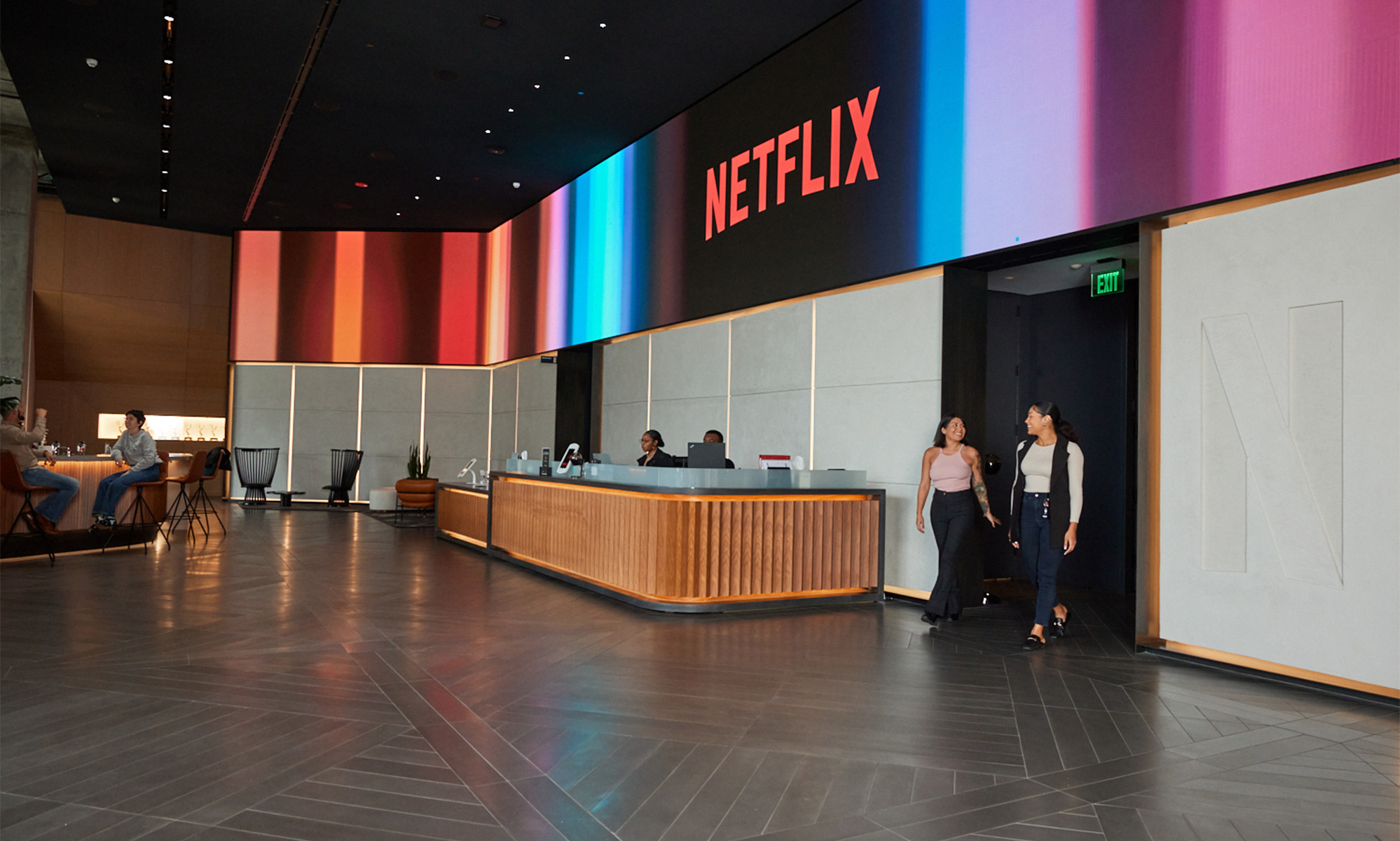Streaming is becoming the new normal, and no company represents the shift to streaming video better than Netflix (NFLX 0.67%). With 139 million global subscribers and more joining every month, it seems the company has captured the world's interest.
There is a growing body of evidence, however, that not everyone who watches Netflix pays for it. The company offers multiple plans, some of which allow for limited account sharing within the same household. Many viewers abuse this benefit by passing login credentials on to extended family and friends, who are essentially getting the service for free.
Netflix has never expressed an interest in enforcing the limitations on account sharing. And, according to multiple studies, that lax attitude may be costing Netflix billions of dollars.

Is Netflix throwing away money? Image source: Getty Images.
It's nice to share
As many as 28% of U.S. subscribers admitted to sharing the Netflix account information with others, according to a study by Leichtman Research Group. The practice wasn't limited to Netflix. The survey found that 22% of Hulu customers and 10% of Amazon (AMZN +0.65%) Prime users admitted to sharing their login information.
A similar study conducted by Magid Research found that the practice is more pervasive among younger viewers. The report concluded that 35% of millennials are sharing passwords, while 42% of post-millennials -- what Magid calls viewers who are 21 years old and younger -- are using someone else's login to watch their favorite streaming service.
The problem might be even worse. One study by COUNTRY Financial found that 74% of Americans who use services like Netflix, Prime, and Hulu are sharing their account information with others.
Dollars and cents
With so many different estimates for how widespread password sharing is, it's difficult to pinpoint just how much this situation is costing streaming companies in lost revenue, but with Netflix, we can make an educated guess.
For the fourth quarter, Netflix reported about 58.49 million U.S. subscribers. With 28% of subscribers sharing passwords, that would work out to about 16.38 million accounts. Assuming that each of those only shared with one other person -- who could in theory be paying Netflix a minimum of $8.99 per month for a subscription -- account sharing is costing Netflix at least $147 million per month, or nearly $1.8 billion per year. If a similar level of login sharing is occurring worldwide, Netflix could be missing out on at least $4.2 billion in lost revenue each year.

Image source: Getty Images.
While the situation is pretty clear-cut for Netflix, it's tougher to get a clear picture of how big an issue it is for Prime: Amazon doesn't report how many Prime members there are each quarter. The last number we have is from April of last year, when Amazon CEO Jeff Bezos said the company "exceeded 100 million paid Prime members globally." But not all Prime members watch Amazon's streaming video offering. To further muddy the waters, some elect to subscribe to just the streaming video, without the full benefits of Prime. With so many variables and no verifiable metrics, it simply isn't possible to estimate the cost to Amazon.
Hulu recently revealed that its subscriber base topped 25 million. Unfortunately, there are similar difficulties in estimating what account sharing is costing the company. Hulu has a variety of monthly plans ranging from $5.99 for its basic streaming-with-ads plan to $50.99 for no advertising and the addition of live TV. Only the more expensive plans allow multiple streams, so there simply isn't enough publicly available information to make a reasonable estimate.
No harm, no foul
Netflix CEO Reed Hastings has long said that the company has no issue with users who share their login with others, saying the practice is "a positive thing." In many cases, he points out, the password sharing is legitimate, as the two higher-priced tiers -- the standard plan and the premium plan -- allow for two and four users, respectively, to be streaming at the same time.
Check out the latest Netflix earnings call transcript.
"We love people sharing Netflix whether they're two people on a couch or 10 people on a couch," Hastings said. "That's a positive thing, not a negative thing." Netflix says the majority of password sharing occurs between immediate family members, and Hastings said many of these go on to become paying members themselves. He sees it as a "terrific marketing vehicle for the next generation of viewers."
It's also worth noting that Netflix has produced subscriber growth of 18% or more, year over year, in every quarter going back more than six years. With growth like that -- and Hastings' attitude toward the issue -- Netflix doesn't think there's a problem, so it's unlikely to change its enforcement anytime soon.







